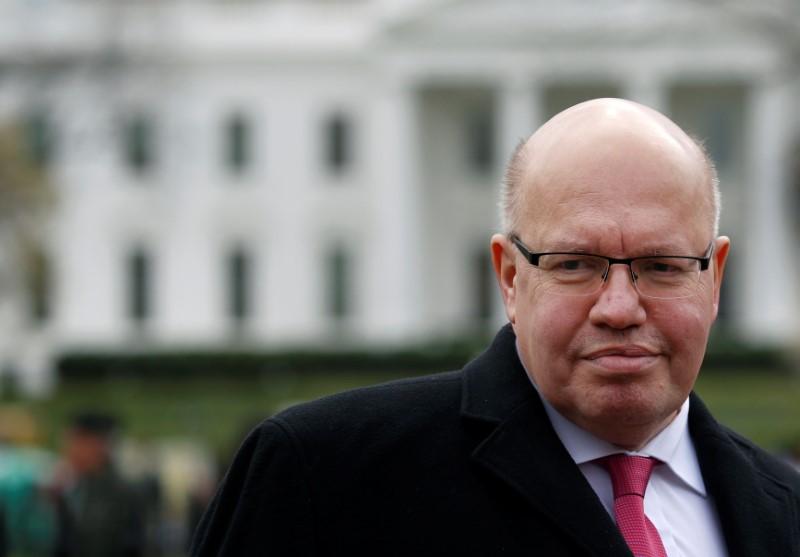BERLIN—The German government could lower the threshold at which it can intervene in response to foreign investments in companies, the economy minister said on Thursday, amid growing concern that the Chinese regime and other rivals are gaining access to key technologies.
Berlin tightened controls on foreign investments last year after a series of high-profile takeovers by Chinese firms, by extending a 25 percent shareholding threshold, at which the government can intervene, to additional business sectors.





